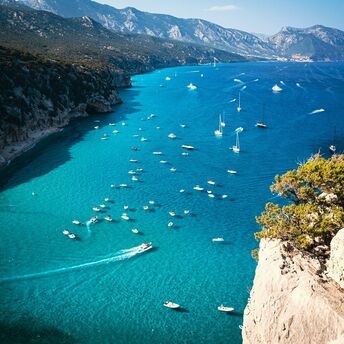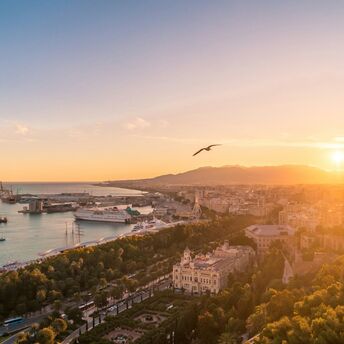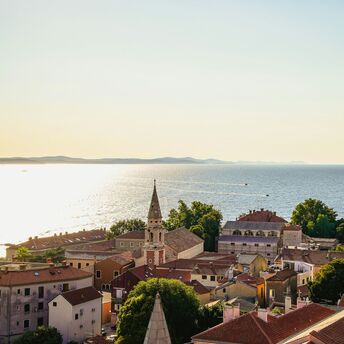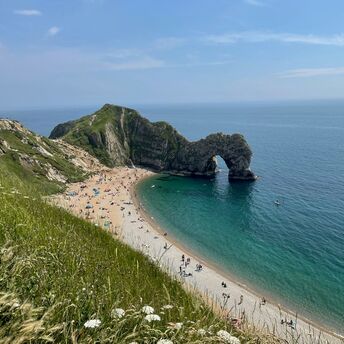Greece Wildfires 2024: Should You Cancel Your Holiday?
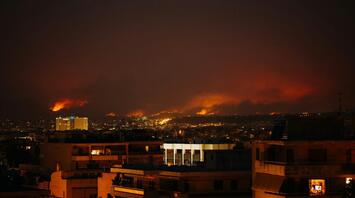
Wildfires that ignited on Sunday, August 11, are severely affecting the suburbs of northern Athens, leading to an evacuation alert for Nea Makri as of Tuesday, August 13. The fires, which are primarily impacting areas around Marathon and Penteli, have been exacerbated by record temperatures and strong winds. More than 700 firefighters are actively working to control the blazes, and Prime Minister Kyriakos Mitsotakis has increased firefighting resources and introduced stricter penalties for negligent arson.
The fires began near Varnavas, roughly 24 miles north of Athens, and have spread to several suburbs, causing flames to reach heights of up to 25 meters. Over a dozen areas have been evacuated, with residents moved to hotels and temporary shelters. Significant fires are reported near Varnavas and Penteli, prompting the evacuation of three hospitals.
Travel to Greece remains generally safe, with no major wildfires affecting popular islands like Crete, Rhodes, and Kos. These destinations offer a range of activities and amenities, with accommodations and services operating normally. Visitors can enjoy the beautiful beaches, historic sites, and vibrant local culture, making it an excellent time to explore these renowned islands.
Known for its Minoan heritage, Greece’s largest island Crete features significant archaeological sites such as the Palace of Knossos and scenic wonders like the Samaria Gorge. The island offers a variety of lodging options, including upscale resorts in Elounda and charming rural stays, alongside a culinary scene highlighted by local delicacies like dakos and fresh seafood. With its mild climate throughout the year, Crete is a prime destination for year-round exploration of its dynamic cities, tranquil beaches, and stunning landscapes.
Tourists visiting Rhodes, the largest of the Dodecanese islands, can explore its medieval Old Town, Crusader-era castles, and the ancient acropolis in Lindos. They can also enjoy the island's varied beaches and local cuisine. Renting a car is recommended for accessing the mountainous interior and traditional villages.
Kos, a southern Greek island in the Aegean Sea, enjoys warm weather for much of the year and offers a range of activities beyond sunbathing, such as exploring ancient Greek and Roman ruins, medieval castles, and tasting local produce like olives and wine. Popular for its sandy beaches and historical sites, Kos also has quieter, mountainous areas with traditional villages. While it’s generally a safe destination, travelers should remain vigilant for petty crime in tourist-heavy spots and consider renting a car or bike to explore the island.



